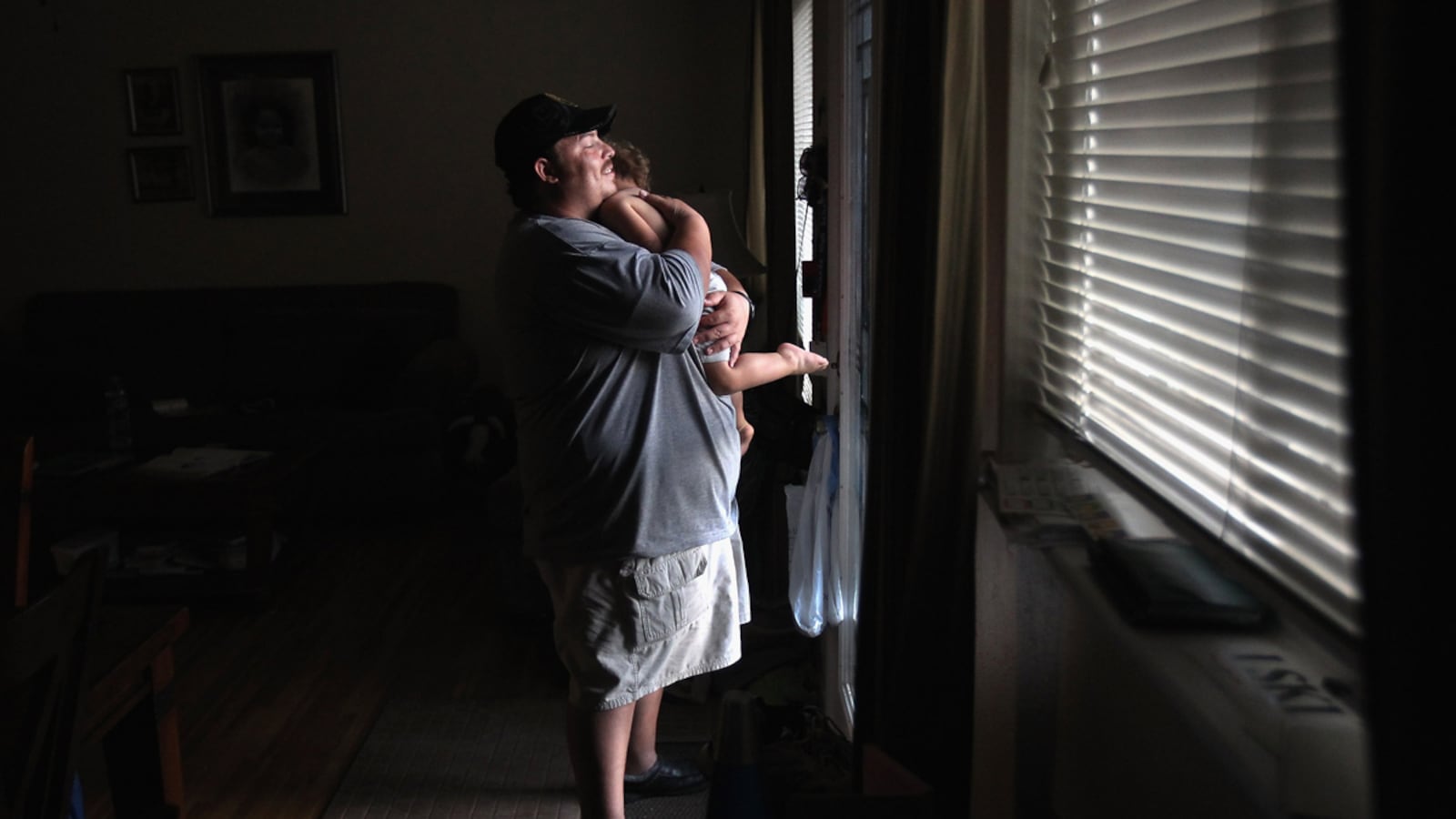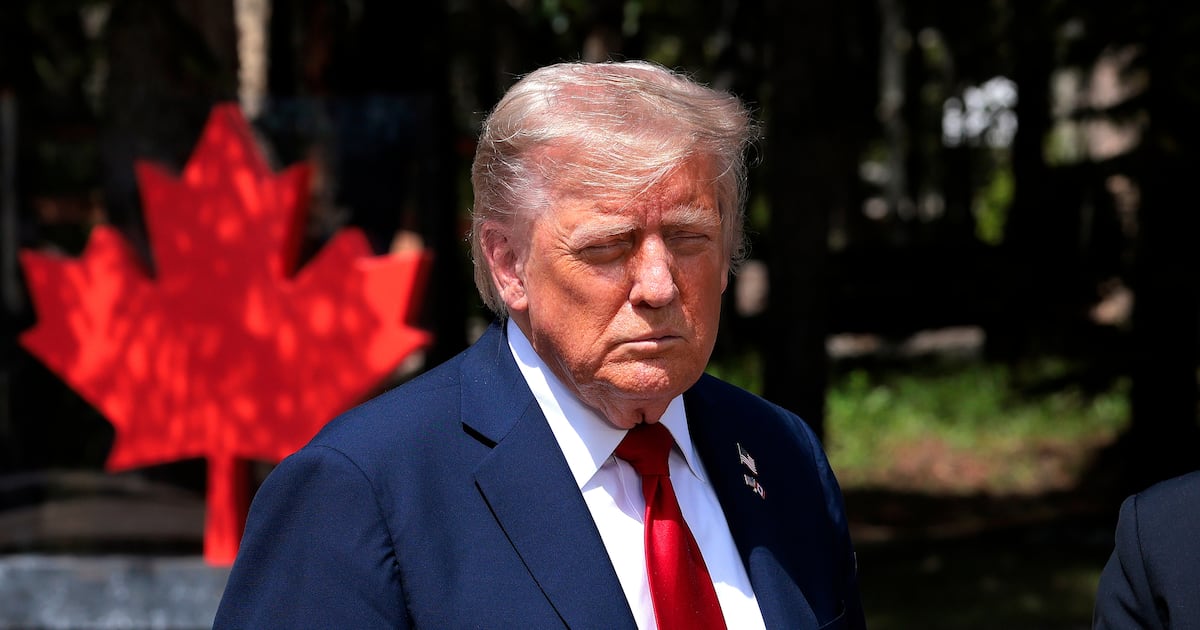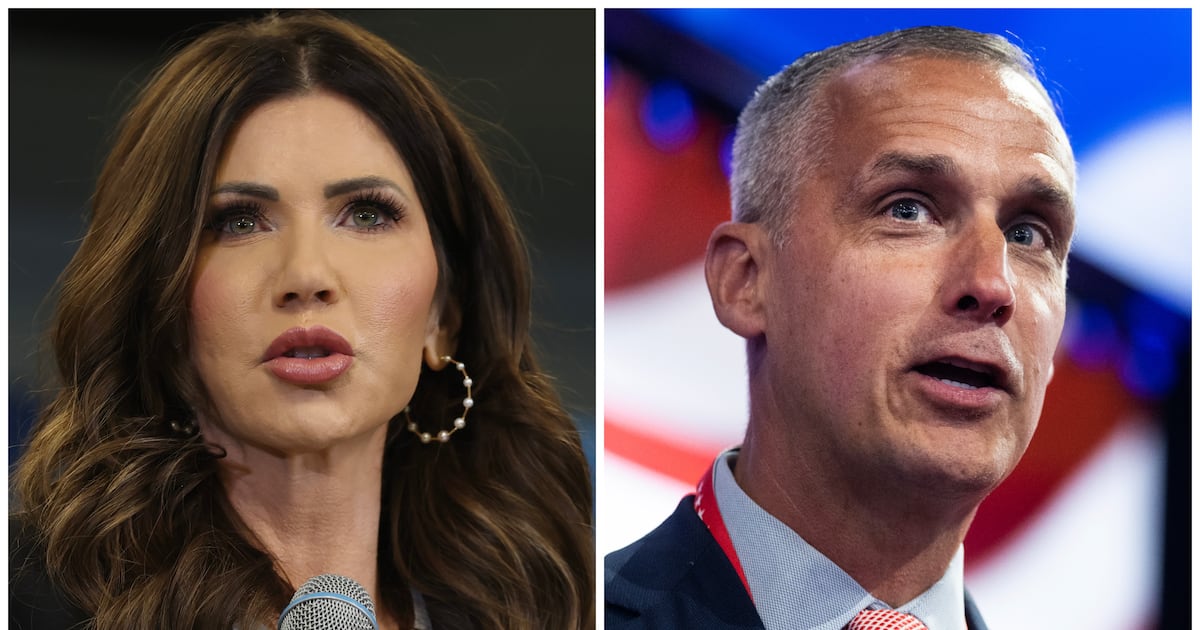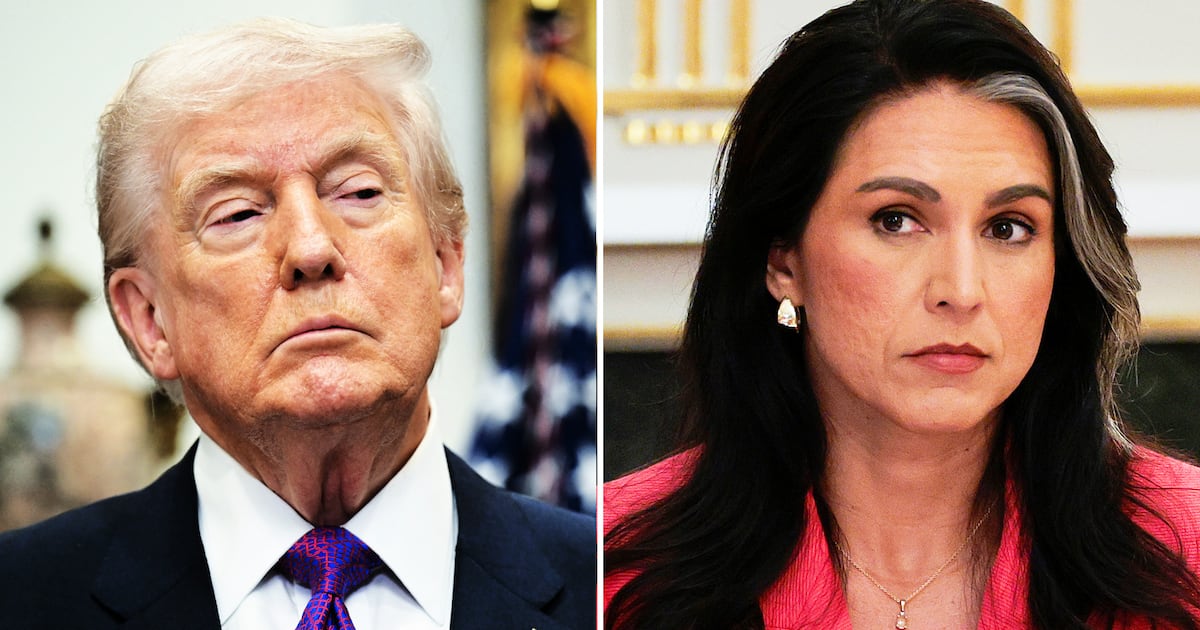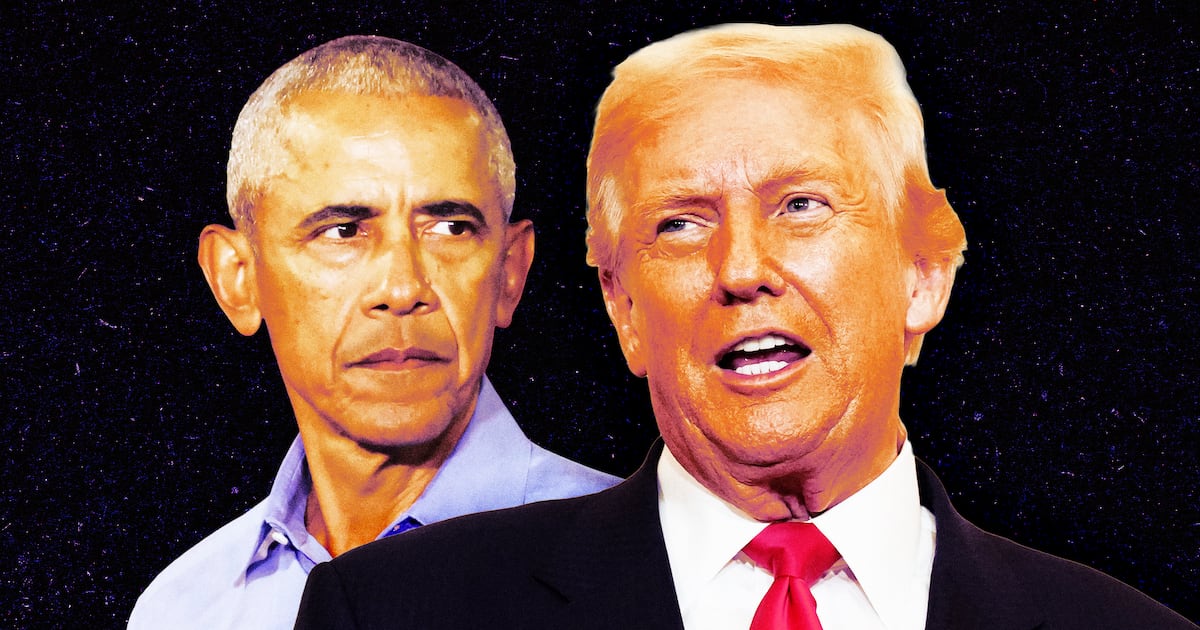Drugs and soldiers have a long, close and very sad relationship. In the Vietnam War, for example, up to 20% of returning soldiers had developed a drug problem during their time overseas. Easy availability and participation in a dizzying war made use irresistible to many. Generally, the addiction was to street drugs – cheap, pure and plentiful in Asia – which, as so many discovered, lead to nothing but legal and medical trouble back in the States.There is, therefore, a strange logic in the notion that psychedelics might be beneficial for war-related psychiatric distress. After all, the grand-daddy (a young grandfather, at that) of all synthetic psychedelics, LSD, was used extensively in the 1960s by the CIA and U.S. military to explore new frontiers in truth and brain control right out of bad sci-fi pulp novels. Indeed, the various schemes of the golden age of the CIA, now declassified, seem to be providing Hollywood with some of their best scripts: Argo, Men Who Stare at Goats, and even corners of Homeland come to mind.

So it is no surprise to hear of studies that examine the possible utility of MDMA, more commonly known as Ecstasy, in conjunction with psychotherapy to treat soldiers still emotionally crippled by post-traumatic stress disorder (PTSD).
A recent report has provided follow-up information on a small placebo-controlled trial that commenced years ago when 20 patients were randomized to MDMA (12 patients) or placebo (8 patients). In the original study, a suggestive but not statistically significant improvement was seen. (12 of 20 responders with MDMA versus 2 of 8 receiving placebo: p=0.17, statistical shorthand for saying that the likelihood that the result was due to the drug was 83% and to random chance, 17%. For any medical publication, a “p value” of 0.05 reflecting 95% likelihood that the drug caused the change is necessary to pass muster. An 83% score is not even glanced at twice.) In the new dispatch, evidence for durable improvement was noted. The same sort of interesting but not significant finding was reported by a Swiss group that also studied a small number of patients.
If confirmed by larger trials, this finding would be welcomed. But the hunger for something – anything – that portends good news for sufferers of PTSD should not prevent us from bringing the same yardstick to these studies as we might to any drug-based therapy. And from this perspective, there is very little here here. Or worse yet, there is lots here – lots of conflict of interest: as the authors state at the article’s end, “Our sponsor [a non-profit called The Multidsciplinary Association for Psychedelic Studies (MAPS)] played a role in the study design, data analysis and writing of the report… Three authors…are employed by the sponsor. [Two lead researchers] received payment from the sponsor for conducting this research.” Like any non-profit, MAPS probably needs good news and promising findings to keep donors interested.
The MAPS team clearly believes in what they are doing. There is no money to be made here; the scientists seem moved by the plight of the soldiers with PTSD. And so they are trying to push a pet theory forward – always a gigantic problem in science where affection distorts and absolute affection distorts absolutely. Indeed almost all of the literature on MDMA to treat PTSD and other conditions comes from this group of researchers, one a shrink in private practice in South Carolina and another running central HQ in Santa Cruz California. But though their fervor and good intentions cannot be questioned, their objectivity surely can and must be. Were this Big Pharma funding salaried Pharma people to release a statistically insignificant happy-time story about soldiers, accusations would fly that they were just squeezing the Department of Defense for even more tax-payer dollars in another amazingly audacious display of high finance chutzpah. There may be more enthusiasm in the press for MDMA as a wonder drug than among patients who theoretically might benefit.
In 2004, a psychiatrist affiliated with Harvard announced plans to enroll terminally ill cancer patients into a trial of MDMA. The goal was to let the "ego-friendly" drug work its magic: "increase empathy...relieve anxiety...and quell thoughts of suicide" for those at life's end. Years later, though, the study closed down, citing "enrollment challenges," after only two patients signed on.
In the case of the PTSD study, the very topic – trying to help anguished American soldiers – almost precludes criticism of the studies. Furthermore the hipness factor – Ecstasy leaves the gutter to save the day! – renders any critic completely L7 if not a total doofus if he tries to look under the rock to determine if the glitter that flashes is indeed gold. Plus, given the nature of the study and the intervention, any serious criticism is easily deflected by claims of bullying, of automatic disrespect of the iconoclast, of general weenie-ness. After all, an original thinker would not wince at the thought of a party drug actually saving soldiers’ pain.
Improving the plight of the soldiers suffering from PTSD should be a national priority; our collective sense of right and wrong demands it. Yet these are small, preliminary and inconclusive studies that nevertheless feed the frantic hopes of thousands. Though the information is released in the name of kindness, disclosure of vague results gathered vaguely is, in the long run, not humane at all, but cruel.
UPDATE: I owe an apology to the authors of the study, "The safety and efficacy of {+/-}3,4-methylenedioxymethamphetamine-assisted psychotherapy in subjects with chronic, treatment-resistant posttraumatic stress disorder: the first randomized controlled pilot study." I performed the chi-square calculation comparing the primary outcome measure, CAPS (Clinician-Administered PTSD Scale) score; per their results, 10 of 12 in treatment arm versus 2 of 8 in placebo responded with a reduction in CAPS score. In my calculation, I derived a p value of 0.17, which I used in my article. I repeated my calculation and got the same result.
However because of the author's letter, I re-ran and asked 2 colleagues to re-run the calculation. My original calculation was wrong.The difference of 10/12 versus 2/8 is indeed statsitically significent in the 0.01 range, depending on the test used. I do not know how I arrived at the wrong result. I sincerely apologize. Their claim that MDMA with psychotherapy led to a significantly better overall outcome as measured by lower CAPS score in the cohort of 20 patients evaluated at 3 points after treatment, including 2 months after last dose MDSA 8-hour session, is indeed true and the finding is extremely interesting.
The Swiss study which tried to duplicate their result using a similar though not identical approach (they had no true placebo, just a low-dose arm and high-dose arm) did not find statistical significance in the MDMA intervention. As they write: "We did not see statistically significant reductions in CAPS scores (p = 0.066)."
The more recent report by MAPS on the fate of the cohort treated open-label, "Durability of improvement in post-traumatic stress disorder symptoms and absence of harmful effects or drug dependency after 3,4-methylenedioxymethamphetamine-assisted psychotherapy: a prospective long-term follow-up study" is difficult to interpret because there is no comparator available. Open-label studies always have this issue and no meaningful conclusions ever can be drawn.

